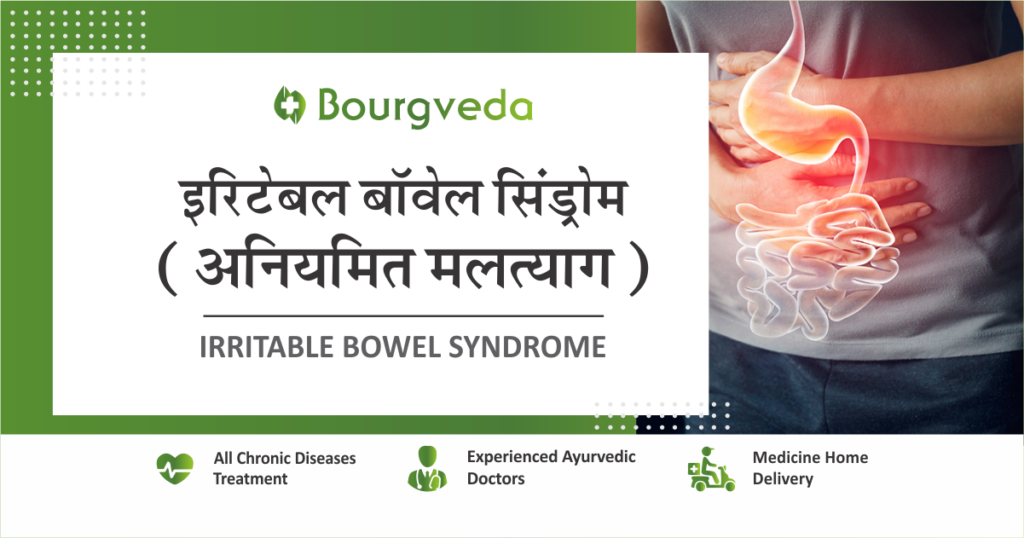Irritable bowel syndrome (IBS) is a common gastrointestinal disorder that affects millions of people worldwide. IBS is characterized by a variety of symptoms, including abdominal pain, bloating, constipation, and diarrhea. Although IBS can be uncomfortable and distressing, it is not a life-threatening condition.
In this blog post, we will discuss the diagnosis and treatment of IBS
Diagnosis
There is no definitive test to diagnose IBS, and diagnosis is usually based on a patient’s symptoms and medical history. However, to rule out other conditions, such as inflammatory bowel disease (IBD), celiac disease, or colon cancer, your doctor may perform tests such as blood tests, stool tests, and colonoscopy. In addition, your doctor may ask you questions about your symptoms and perform a physical examination to determine if you have any signs of IBS.
Treatment
There is no cure for IBS, but the symptoms can be managed with various treatments. Here are some common treatments for IBS:
Lifestyle changes: Making lifestyle changes can help reduce the symptoms of IBS. For example, you can try to avoid foods that trigger your symptoms, eat smaller meals more frequently, and drink plenty of water.
Medications: There are several medications that can help alleviate the symptoms of IBS. For example, antispasmodics can help reduce abdominal pain and cramping, laxatives can help relieve constipation, and anti-diarrheal medication can help control diarrhea.
Cognitive-behavioral therapy (CBT): CBT is a form of talk therapy that can help you identify and change negative thought patterns and behaviors that may be contributing to your symptoms.
Probiotics: Probiotics are live microorganisms that can help improve the balance of bacteria in your gut. There is some evidence to suggest that probiotics may be helpful in managing IBS symptoms.
Alternative therapies: There are several alternative therapies that may be helpful in managing IBS symptoms, such as acupuncture, hypnotherapy, and yoga.
Conclusion
IBS is a common gastrointestinal disorder that can cause discomfort and distress, but it is not a life-threatening condition. Although there is no cure for IBS, the symptoms can be managed with various treatments, including lifestyle changes, medications, cognitive-behavioral therapy, probiotics, and alternative therapies. If you are experiencing symptoms of IBS, it is important to talk to your doctor to determine the best course of treatment for you.
Dr. Neha Ahuja
Instagram : https://www.instagram.com/bourgveda/
Facebook : https://www.facebook.com/holisticvedakota/
Website : https://bourgveda.com/


